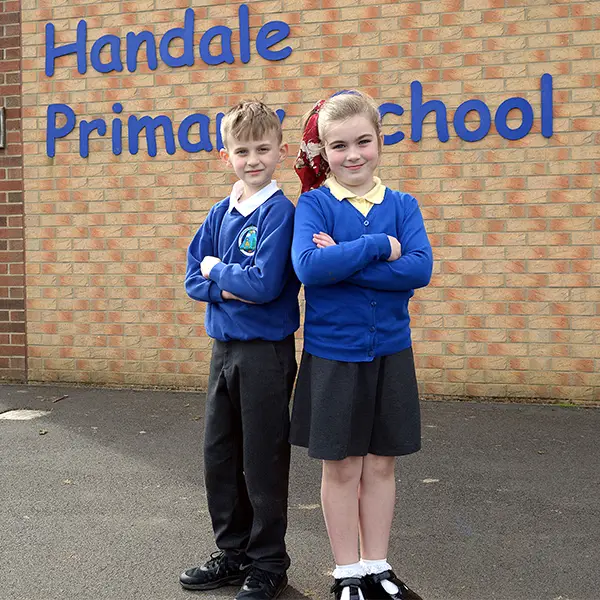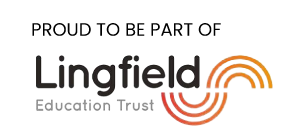The curriculum is all the planned activities which we organise in order to promote learning and personal growth and development. It includes not only the formal requirements of the 2014 National Curriculum, but also the curriculum guarantees we as a school provide to develop the independence and responsibility of all of our pupils. Our aim is to teach our pupils how to grow into confident, responsible people who can work effectively with others while developing knowledge and skills in order to achieve their full potential. We ensure that all children have a high quality personalised curriculum which is broad, deep and balanced: a relevant education which provides continuity and progression and takes individual differences into account.
Please click here to access the National Curriculum in England.
Teaching and Learning
Key Stage 1 at Handale builds logically from our Early Years and into Key Stage 2 – to offer a broad and rich introduction to specific subject learning, through the excitement of a range of interesting topics!
Each year group has a long term plan, found on the year group pages. These plans detail which topics children will cover, which subjects are taught and when – as well as how the ‘National Curriculum’ has been appropriately interwoven in to our curriculum.
Parents receive a half termly update providing information about learning which will take place that half term including any important information. Teachers also share weekly updates and success stories on Marvellous Me so parents can be part of their weekly learning highlights.
There is a big focus on developing children’s early skills as readers, with the expectation that children continue to “learn to read” in KS1 so that they can “read to learn” throughout the rest of their time in school. We are committed to our delivery of phonics and reading sessions across the school to prevent children from falling behind. To teach phonics, we use the ‘Little Wandle Letters and Sounds – Revised’ systematic phonics scheme. More information about how we teach reading across our school, including phonics, can be found on our ‘Reading at Handale’ webpage.
We maintain high standards of achievement through continuous assessment and tracking of children’s learning. Through this on-going process we build a picture of all aspects of each child’s development. Assessment takes many forms; we assess through discussion, marking, questioning and observation as well as using more formal procedures such as assessments, gold pieces of work and end of unit assessments.
Parents receive information about progress in their child’s annual school report, but discussions regarding progress form a significant part of our parent consultation meetings which are held in the Autumn and Spring terms. We also hold half termly parent events when parents/carers are invited into school by their children. These are opportunities for the children to showcase their work and share their hard work with parents/carers.
Curriculum Subjects
Transition to Secondary School
Local secondary schools run their own transition days or weeks to help children make the step up to Key Stage Three. With many children having experience of only one school up until this point, these opportunities are vital to ensure the move is as smooth as it can be.
In addition to what is provided by the secondary schools, Year 6 undertake transition work at Handale during the second half of the summer term so that they can begin to prepare mentally and intellectually for the challenges their move may bring.
Careers and success beyond primary school is carefully planned for throughout our curriculum and we encourage children to strive for excellent throughout their time at Handale Primary.



